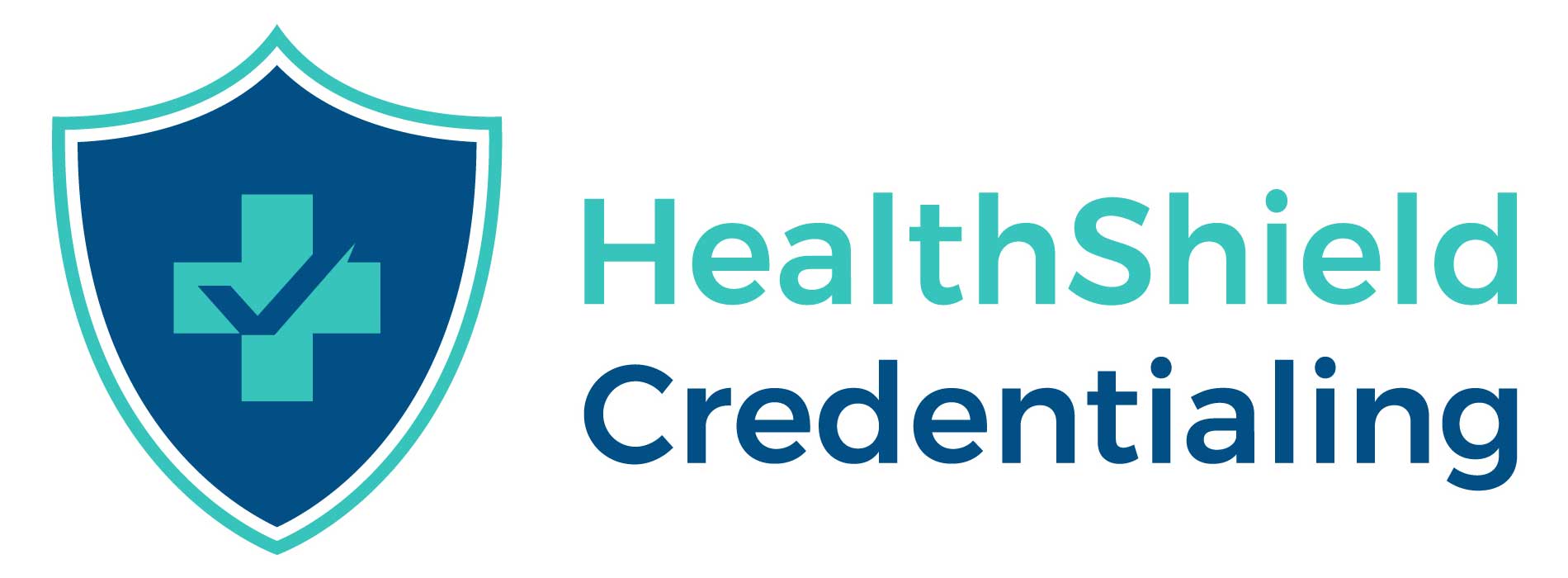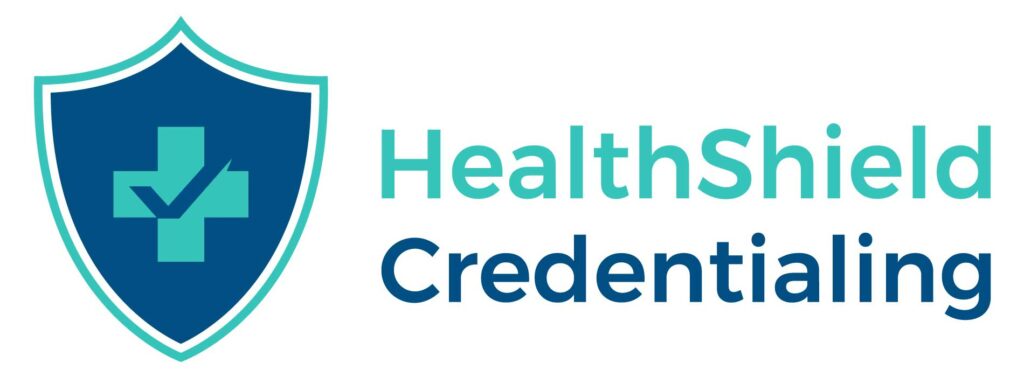As a healthcare professional, you might often find yourself traveling for work, whether it’s for conferences, training, or temporary assignments. Navigating the world of stipends, per diems, and tax deductions can be complex, but understanding these concepts can help you manage your finances better. Here’s what you need to know about stipends, travel expenses, and how to maximize your tax benefits.
What Are Stipends and Per Diems?1
Stipends are fixed payments provided to employees to cover expenses such as meals, lodging, and transportation when they are away from their usual place of work. Per diems are similar but usually refer to daily allowances specifically allocated for daily expenses while traveling for work.
How Are Stipend Amounts Decided?
Stipend and per diem rates can vary based on the employer’s policy and the location of the travel. Employers often use guidelines provided by the General Services Administration (GSA) in the United States, which publishes rates for different locations based on the cost of living. Initially used for Federal government employees, GSA rates have become the standard for all types of non-government employees, including healthcare travelers. The GSA website allows you to enter your travel destination and see a breakdown of the per diem rates in each county in every state .
For healthcare professionals, particularly travel nurses, the amount of money received from a housing stipend often depends on the employer and the location of the assignment. For instance, some agencies may pay a lower stipend but higher taxable wages. The GSA determines maximum stipends based on the average cost of living in a particular area. Seasonal changes can also impact stipend amounts; for example, winter rates in warmer states may be higher due to increased demand.
When Are Travel Expenses Tax Deductible?
Understanding when travel expenses are tax deductible is crucial for managing your finances effectively. Generally, travel expenses are tax deductible if they are:
- Ordinary and Necessary: The expenses must be common and accepted in your profession and helpful and appropriate for your business.
- Incurred While Away from Home: You must be traveling away from your tax home for work purposes. Your tax home is your regular place of business or post of duty, regardless of where you maintain your family home.
Common deductible travel expenses include transportation costs, lodging and accommodation, meals (subject to a 50% limit), and incidental expenses such as tips and laundry.
How Does the IRS View Temporary Employees?
The IRS has specific rules for employees who work temporary assignments. A temporary assignment is generally considered to be one that is expected to last (and does in fact last) for one year or less. If you are on a temporary assignment, your travel expenses to that location can be deductible. However, if your assignment extends beyond one year or there is no clear end date, it may be considered indefinite, and your travel expenses may no longer be deductible.
Traits of Temporary Jobs
Here are some common traits that temporary jobs share:
- Clearly Defined Contracts: A business gives the temp employee a contract that clearly defines their payment and length of employment with any other terms listed.
- Doesn’t Exceed One Year: Typically, jobs for temporary employees last no longer than one year.
- Exempt from Benefits: Employers don’t have to offer benefits to temporary employees.
- Eligible for Workers’ Compensation: Temporary employees qualify for compensation if they receive an injury on the job.
Living in One Place and Deducting a Temporary Home
If you are working in a location temporarily and maintain your tax home elsewhere, you might be able to deduct the cost of maintaining a temporary home. To qualify, the temporary assignment must be expected to last less than one year. Here are some tips:
- Maintain Your Tax Home: Keep ties to your tax home, such as maintaining a residence, having family members live there, or conducting business activities.
- Document Everything: Keep thorough records of your temporary assignment, including contracts, assignments, and duration.
- Understand Duplication of Expenses: You must be duplicating living expenses (maintaining your tax home and incurring expenses at your temporary location).
If you return to your tax home on days off, you can deduct travel expenses, including meals and lodging, while traveling between your temporary work location and your tax home. However, you cannot deduct the cost of meals and lodging while at your tax home.
Taking 31 Days Off to Maintain Tax Deductibility
For healthcare professionals on long-term temporary assignments, it’s important to understand the IRS’s requirement for maintaining the tax-deductible status of your travel expenses. To continue qualifying for deductions, you must take a break of at least 31 days from your assignment each year. This ensures that your assignment remains classified as temporary rather than indefinite.
Maximizing Your Stipends and Benefits
To make the most of your stipends and benefits:
- Communicate with Your Recruiter: Ensure you discuss your tax home status and eligibility for per diems with your recruiter. They can provide guidance and help you complete necessary worksheets to determine eligibility.
- Utilize Company Resources: Many travel nursing agencies, such as Health Carousel Travel Nursing (HCTN), offer dedicated travel and housing teams to assist with finding accommodations, providing discounts, and answering any questions about housing stipends.
- Consider All Options: If you qualify for a tax-free per diem, consider whether company-assisted housing or a per diem assistance program is more beneficial for you.
Take Home
Understanding stipends and how to deduct travel expenses can significantly impact your financial health as a healthcare professional. By staying informed about the rules and guidelines set by the IRS and leveraging resources provided by your employer, you can ensure that you make the most of your travel assignments while maximizing your tax benefits.
Navigating this terrain might seem daunting, but with the right knowledge and support, you can manage your finances effectively and focus on what you do best – providing exceptional healthcare. Stay proactive, consult with tax professionals if needed, and keep abreast of any changes in tax laws to ensure you’re optimizing your travel-related expenses.





